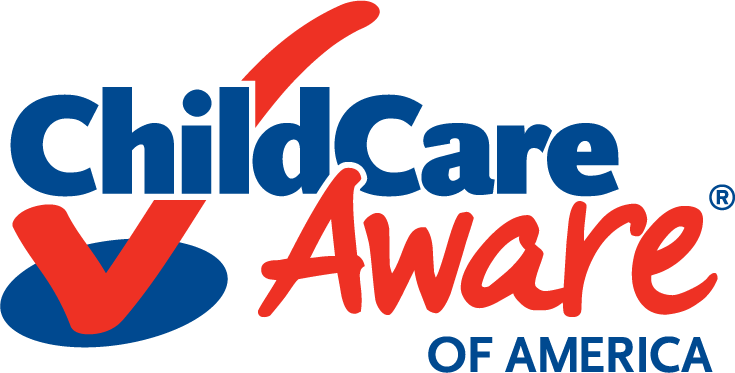
Summer is nearing, and your child may spend more time outdoors while in child care. You will want to make sure your child care provider has proper safety measures in place in their daily routine. As a parent, you are entitled to express concerns regarding your child's safety to your provider, and your provider should make safety the highest priority. Talk with you provider about:
Sun Safety
Regardless of your child's age, sun protection is always important. Make certain your child will be protected from the sun while enjoying the outdoors.
- Sunscreen. Check with your provider to make sure that sunscreen will be applied before going outside. If your child is going to be outside for long intervals, make sure your provider reapplies the sunscreen.
- Protective Clothing. If you prefer that your child wear protective clothing while outdoors, make sure your child care provider understands your expectations. You may pack a "summer" bag for your child to leave at child care that includes any or all of the following: a lightweight, long-sleeved shirt, lightweight long pants and a hat. You may also want your child to wear sunglasses for eye protection.
Bug Safety
Along with all of the fun that accompanies summer come those pesky little bugs. Bugs of all kinds. Talk with your provider to make sure she understands your wishes regarding the application of insect repellent. DEET is considered to be very effective in repelling ticks and mosquitoes. Keep in mind there are differing levels of DEET, available in a variety of products. Higher levels of DEET are not suggested for infants (older than 2 months) and young children. Be aware of the products your provider intends to use, and, if necessary, pack your own repellent in your "summer" bag. The same clothing used for sun protection can also be used for bug protection.
You should be comfortable knowing that your child care provider can appropriately handle any "bug emergency" – from removing a stinger to tending to a fly bite. It is important that you advise your provider of any allergic reactions your child might have if bitten by a mosquito or stung by a bee. These bug emergencies may require medical attention such as administering an antihistamine, topical cream, or, if severe enough, an injectable medication such as an EpiPen. For children, these can typically be administered with the help of an adult. But do not take this for granted. You need to be aware of your state requirements allowing providers to administer medication. These regulations will determine whether or not your provider will be able to assist your child in the event of an allergic reaction. While allergies and risk of reaction might be seasonal, regulations allowing a provider to administer medication typically do not change as frequently. Keep this in mind when selecting a child care provider.
Playing Outdoors
Children, from toddlers to school-age are always excited to get outside and play. To help make this playtime enjoyable, you will want to make sure the equipment your child is playing on is safe. Each state has regulations regarding outdoor play areas, but you should always look for of the following:
- Is there mulch, sand or rubber matting under the play structures?
- Is the equipment age appropriate?
- Is the play area fenced in?
- Does your provider check the area daily for hazards?
Weather Safety
Because weather in many areas can be unpredictable, talk with your provider about her emergency preparedness plan. If your provider does not have a plan in place, work with her to create one. Here are some things you'll want to discuss:
- Know how your child will be taken to a new location. This place should be both safe and suitable for care to continue.
- Know how lines of communication will be kept open. Make sure that your caregiver has your updated phone number, and that you have all of your caregiver's updated emergency contact information.
- Talk about what will happen if your child has to stay with the caregiver because of the emergency. If you are not able to pick your child up right away after the emergency, could your caregiver properly care for your child for 72 hours?
- Discuss any supply or disaster kits that your provider has. Do they have enough supplies to care for children for at least 72 hours? If there are not kits available, work with other parents to make it happen.
- Know what training your caregiver and his/her staff have had related to continuing proper care in emergencies. Ask if anyone has had any special training to work with your child's physical and emotional needs at this time
If you are curious about your state’s health and safety guidelines, check with your state licensing agency to learn more about the regulations in your area. Our State by State Resource Map will be able to assist you. Your child care provider should also be familiar with these regulations. As long as you and your child care provider have good communication, there's no reason your child can't enjoy the summer...safely.
For More Information:
Is This the Right Place for My Child?: 38 Research-Based Indicators of High-Quality Child Care, a Child Care Aware® publication
What's the Plan?, a Child Care Aware® publication
HealthyChildren.org (from the American Academy of Pediatrics)



